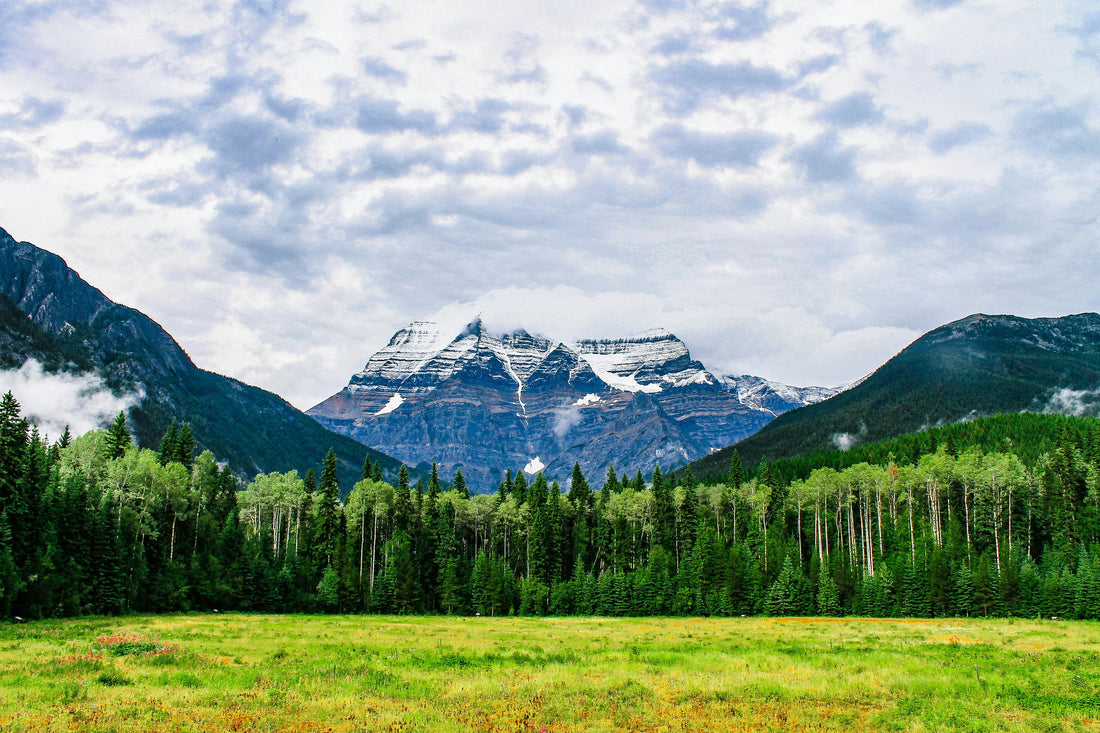
This Land Resists: The Real Stakes of Selling Off Public Lands
Share
Some fights don’t need a slogan. You just know when a line’s being crossed.
Right now, across the country, those lines are boundary markers, trailheads, fence posts, riverbanks—the edges of our public lands. Places generations before us fought like hell to protect. And now, they’re up for grabs.
This isn't just about hunting tags or hiking trails. It's about the soul of a country that once decided some things were worth protecting forever. Because once you let that land go? You don't get it back.
A Legacy Built in Mud, Blood, and Backbone
Public lands didn’t just fall from the sky. They were fought for.
Teddy Roosevelt didn’t earn his “conservation president” title with speeches. He went to war with corporate timber barons and western politicians who wanted to chop up every forest and mine every riverbank. By the time he left office, he'd created 5 national parks, 18 national monuments, and over 150 national forests.
Later, in the 1960s, the Land and Water Conservation Fund—signed into law by LBJ—channeled offshore oil and gas royalties back into preserving open land and public access. It wasn’t perfect, but it was a declaration: if we’re going to take from the land, we better give some back.
Movements like the Wilderness Act of 1964, the formation of the National Park Service in 1916, and the rise of environmental grit in the ’70s weren’t born in think tanks. They were forged by people who lived close to the land and refused to see it locked behind gates.
Unity in the Wild
Here’s what makes this different than most issues: the crowd rallying to defend public lands doesn’t fit in a political box.
You’ll see veterans who need the silence. Fly fishers with neck tattoos. Cowboys with dirt under their nails. Inner-city kids on their first camp trip. Climate activists, off-grid homesteaders, overworked parents, recovering addicts, loners, and leaders. All of them saying the same thing in different ways:
Don’t touch what isn’t yours to sell.
You don’t see this kind of unity in America much anymore. And that should tell you something about how deep this runs.
When the Land Goes, We All Lose
Public land gives more than it takes. It heals trauma without asking questions. It teaches patience, grit, and perspective. It raises our kids, strengthens our families, and gives us a place to remember who we are when the world gets too loud.
And if you think selling off “just a few thousand acres” won’t hurt anyone, ask the communities left behind when access disappears. Ask the small towns built around trailheads and rivers. Ask the veterans and strugglers who finally found peace in the backcountry. Ask the next generation, staring down fences where their freedom used to be.
This isn’t a drill. It’s a grab. And if we don’t raise hell now, they’ll sell it all right out from under us—one silent deal at a time.
Stand the Hell Up
This land isn’t red or blue. It’s green. It’s brown. It’s wild, scarred, healing—and ours. It belongs to everyone and no one. It carries the history of those who fought for it—and it needs new guardians now.
Because once you put up a gate, plant a flag, and slap a price tag on wilderness… you didn’t just lose land.
You lost something sacred.
This land resists. And if you’ve got a backbone, so should you.
